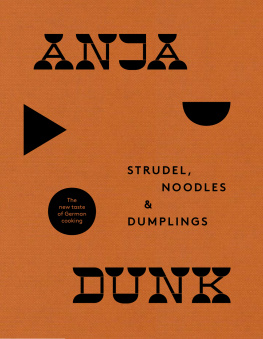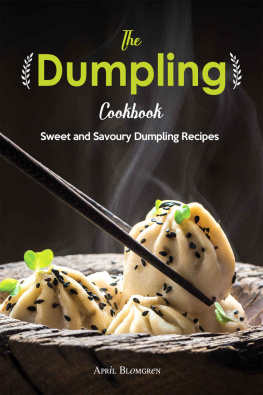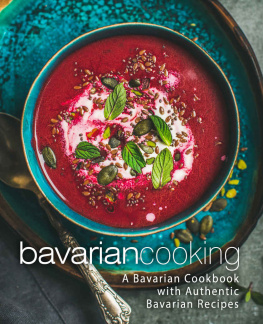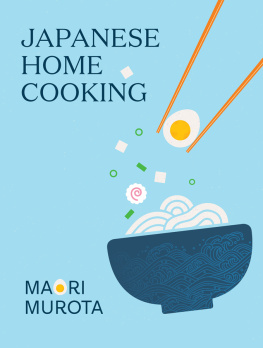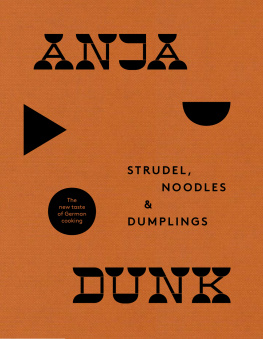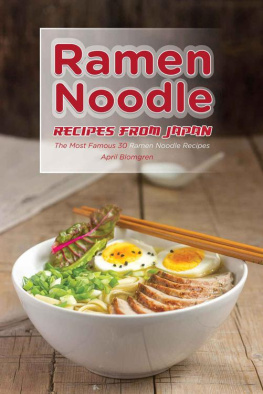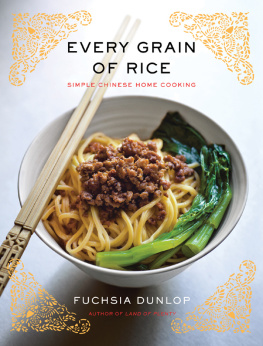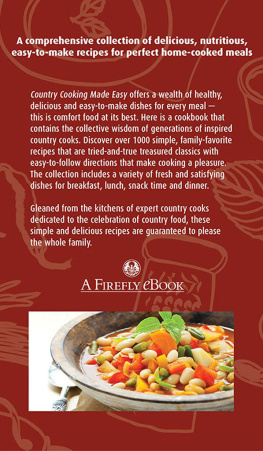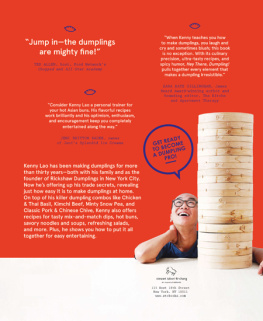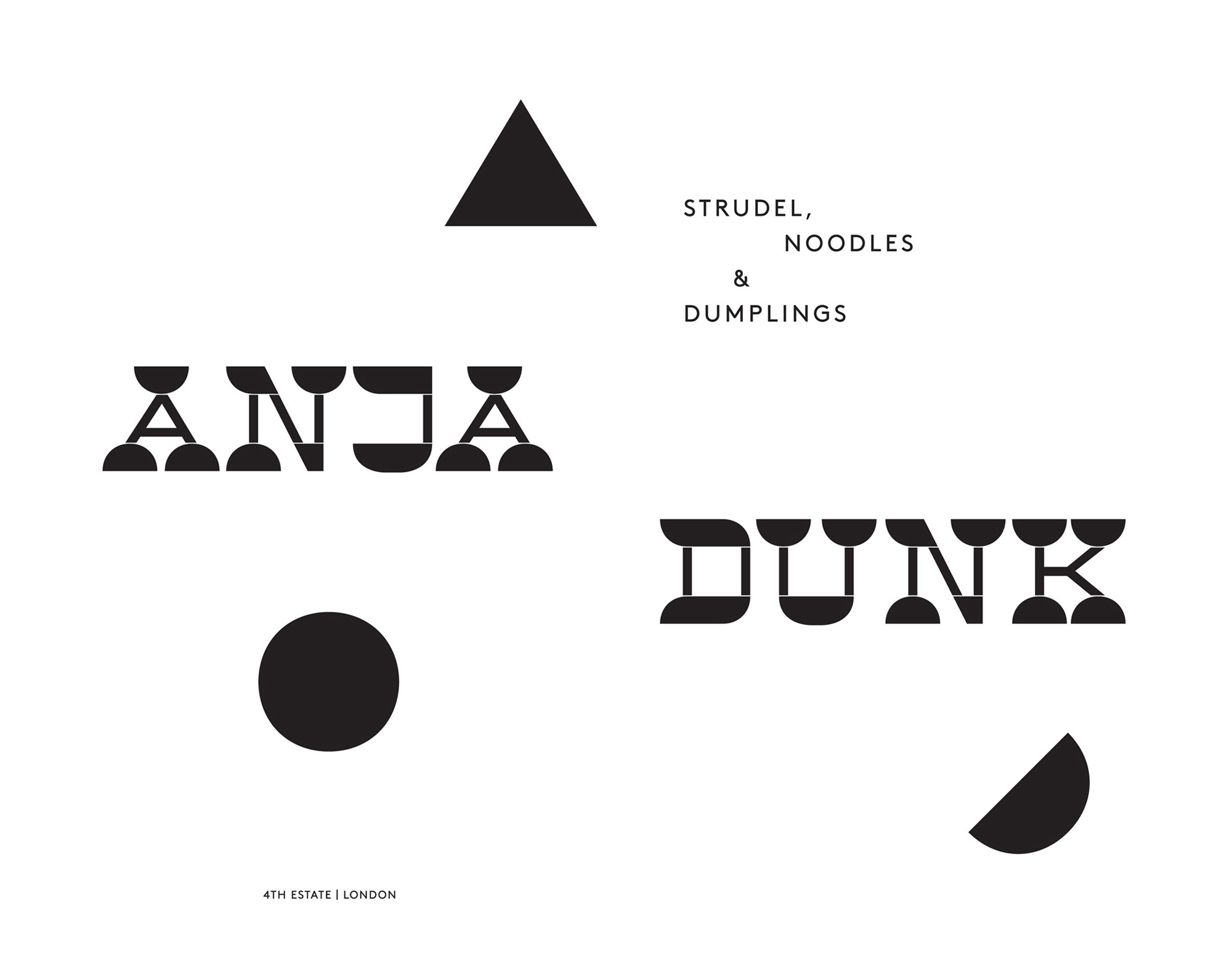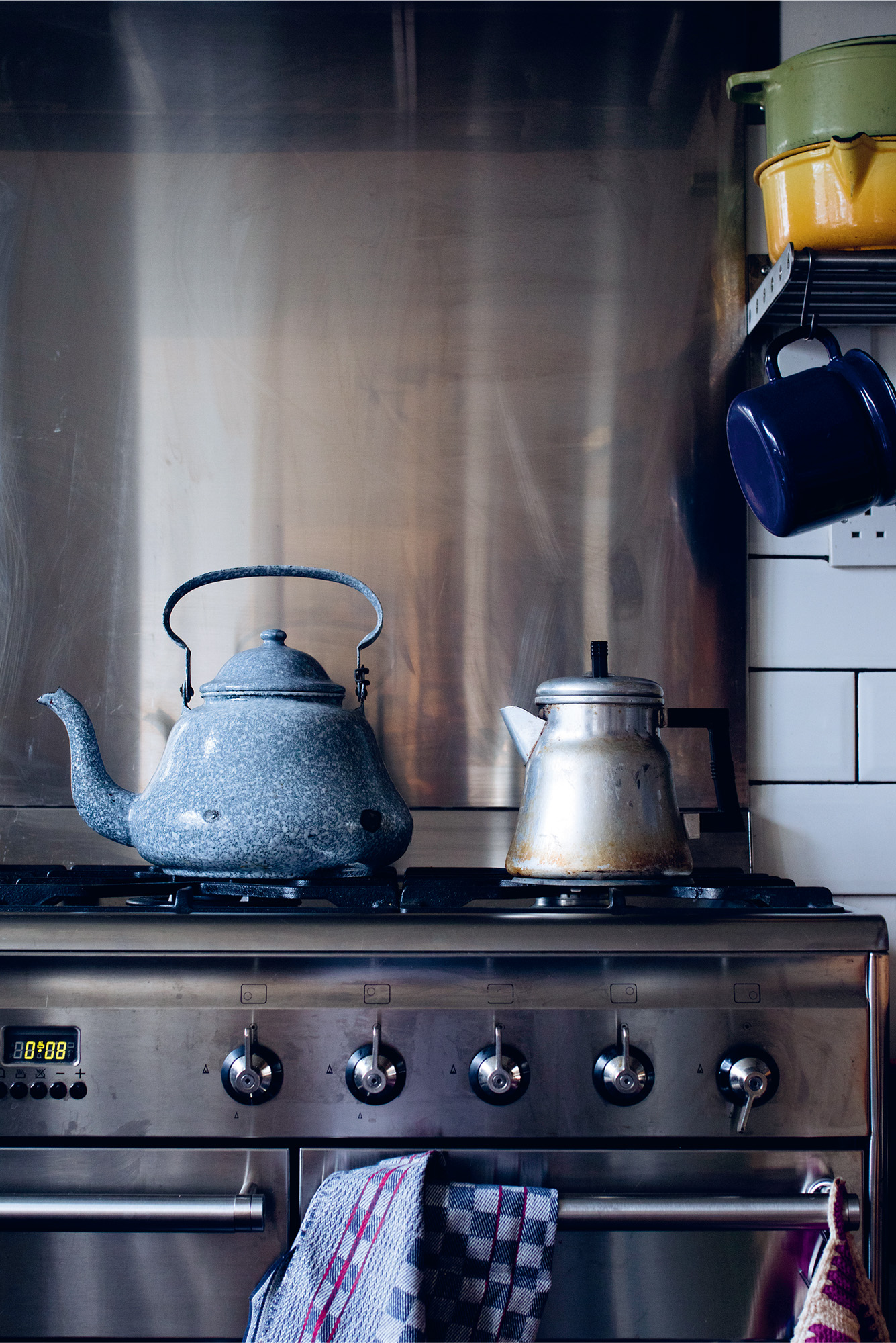CONTENTS
4th Estate
An imprint of HarperCollinsPublishers
1 London Bridge Street
London SE1 9GF
www.4thEstate.co.uk
First published in Great Britain by 4th Estate in 2018
Text and photography copyright Anja Dunk
Anja Dunk asserts the moral right to be identified as the author of this work.
Design by Atelier Dyakova, London
Author photograph by Jonathan Cherry
A catalogue record for this book is available from the British Library.
All rights reserved under International and Pan-American Copyright Conventions. By payment of the required fees, you have been granted the non-exclusive, non-transferable right to access and read the text of this e-book on-screen. No part of this text may be reproduced, transmitted, down-loaded, decompiled, reverse engineered, or stored in or introduced into any information storage and retrieval system, in any form or by any means, whether electronic or mechanical, now known or hereinafter invented, without the express written permission of HarperCollins.
Source ISBN: 9780008244385
Ebook Edition May 2018 ISBN: 9780008244392
Version: 2018-06-26
FOR LUCAS, TOBIAS AND AIDAN
I am not a professional photographer, but when the idea for this book came about it made sense that I take the photographs myself at home over the course of a year. It was a challenge, but one I welcomed, and I have thoroughly enjoyed watching how the light falls in the kitchen at different times of day, standing on chairs, and occasionally teetering on ladders.
All the plates and bowls of food in this book are real, whether they were part of a family breakfast, lunch or dinner; a solo lunch when the boys were in school (while I love a busy table, I relish a lunch on my own all the same); a dinner for two; cake and coffee with friends or drinks in the late afternoon everything that was photographed was eaten as it was intended to be, or indeed was in the process of being eaten as the photo was taken.
I have to say, though, that taking pictures of children eating isnt as easy as it may look for every photograph of the boys that made these pages, hundreds didnt. There is a fine line between a half-eaten plate of food and, well, a mess. A bigger challenge than taking the pictures themselves was actually getting the boys to eat more slowly often it was a case of Ready, steady, go! But slowly, slowly followed by me snapping away as quickly as I could before I also sat down to eat.
All the tables, work surfaces, tablecloths, tools, utensils, pans and tableware are things we use every day you might well, for this reason, notice some items appearing on the pages more than once.
I hope you enjoy this little window into our kitchen.
The food you grow up with, the taste of home, stays with you for ever. That doesnt mean to say it is always a good thing, but happily in my case for the most part it is. Mum did all the cooking at home she loved it, and so did my brother Oliver and I, not least because Dads culinary repertoire consisted solely of cheese sauce over vegetables or Marmite on toast. Mum, on the other hand, is a brilliant cook who values good ingredients and simplicity in the kitchen. By this I mean cooking without pretension, a pared-back approach, I suppose, which in turn means doable cooking. I strive to cook by her ideals, and my hope is that one day my boys will too.
Mum left Germany for Africa when she was in her mid-twenties, and Kenya was where she met and married Dad. They lived there until their early thirties, at which point they decided to move to Wales for a life with children. So it was in Wales that my brother and I were born to a German mother and a Welsh father, and it is Wales that I call home, but the food we grew up with is very much rooted miles away in Germany, for it was German food that we ate at our kitchen table every day.
I often wonder if what came out of the kitchen during my childhood wasnt solely to quash the feelings of longing that had taken hold in Mum while living away from her motherland. Taste, after all, is one of the most transportative senses. Feelings of belonging are also heightened when on foreign soil, and so is sense of identity, which in Mums case made itself apparent through the German food she produced consequently, as a child I felt far more German than anything else.
The first ten years of my life were pretty nomadic, with time split living between Wales, Africa and Asia most holidays were spent with our grandparents in Germany. The only constant in daily life, as well as immediate family, was the food that came out of the kitchen. It is little wonder really that cooking has become my chosen career path, as right from the word go it has been one of the most significant elements to each day. Nothing excites me more than delving into another culture by means of cooking, but since having young children of my own, the way I cook at home has shifted back to food that brings me the sense of family, love, security, and confidence a subconscious impulse to instil the same association between food and home in my children. To me this means food in which Germany is very much at the heart of it all.
CONTENTS
My maternal grandparents Omi and Opa would arrive in Wales from Germany in a car fully laden with salami, pts, pickles, bread, biscuits, sweets, jams, meat, sauerkraut, butter you name it and Im pretty sure they had it packed in. Youve brought everything but the cellar steps, Mum would screech. We do have food in Wales, you know. But despite her seemingly cranky reception, I know that she was just as gleeful as I was to receive these visitors with their gifts.
The contents of this car were the deepest expression of love, and to this day I still vividly remember each time they arrived, for these moments moved me and struck a chord. A well-stocked cellar was to Omi the essence of a home; it stood for security knowing that no matter what or for whatever occasion there was always food in the house.
Everything in the car was carefully wrapped in newspaper so that it stayed cool, or frozen even in some cases, for the long journey across several countries and over the Channel. We made a human chain and passed the bundles to each other along the driveway to the kitchen table, until the car was empty and we could all finally sit down to eat. Opa would carefully unwrap the rye bread and slice it thinly, Omi would spread the sweet unsalted butter, then we would all help ourselves to pt and mustard, possibly gherkins. That first bite into the dense, nutty bread tasted of home, said Omi, which when all is said and done is all that you wish to feel when you have been on the road for two days and travelled hundreds of miles.
It isnt what we ate each year on their arrival that I recall, so much as the feeling of affection expressed through the journey this food had travelled. It goes without saying that eating is a human necessity, but cooking, and consequently the act of giving and sharing food, is a wholly gratifying experience both for the cook and the recipient, and it is one of the most natural things we can do to show each other how we feel.

